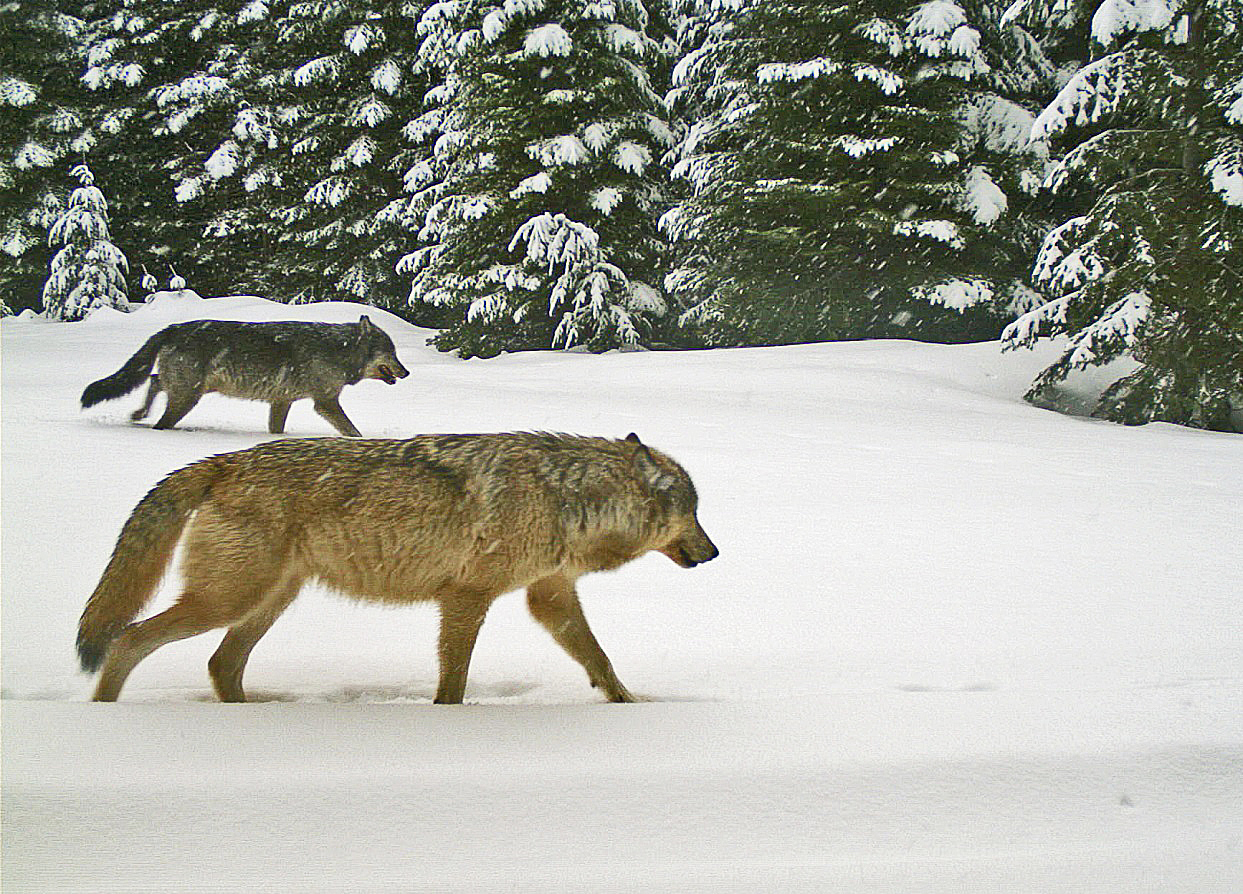In 2023, Oregon's gray wolf population growth stalled, marking the first year without an increase since their reestablishment in the state, according to a report by Oregon Public Broadcasting (OPB). The annual survey by the Oregon Department of Fish and Wildlife (ODFW) confirmed a total of 178 wolves, mirroring the count from 2022 and indicating no growth in population numbers.
The year also saw a record high of 33 human-caused fatalities among these wolves, the most since Oregon began comprehensive mortality tracking in 2011. Investigations revealed a concerning spike in suspected poaching incidents, with 12 deaths under scrutiny and one confirmed case of illegal poaching, including incidents of poisoning and shootings. Additionally, vehicle collisions claimed the lives of four wolves, while another 10 were captured and relocated to Colorado in an effort to bolster the wolf population there.
Significantly, the number of wolves legally killed under state authorization more than doubled from the previous year, with 16 wolves eliminated in response to livestock predation. This increase in sanctioned killings has raised alarms among conservationists about the potential normalization of poaching.
Bethany Cotton, the conservation director at Cascadia Wildlands, expressed urgency in adjusting these practices to ensure the survival and recovery of Oregon's wolf population. Despite the rise in authorized killings, reports of wolves attacking livestock and working dogs slightly decreased, from 76 in 2022 to 73.
The ODFW has also revised its protocol for investigating and confirming livestock depredations. Michelle Dennehy, a spokesperson for the department, explained that the new process empowers field biologists to make quicker determinations and approvals for lethal control on-site, which should expedite the management of wolf-livestock conflicts. This procedural shift means that the department will no longer report unconfirmed depredation figures; a significant change from 2022, when ranchers reported 121 possible incidents, with approximately 37% confirmed as wolf attacks. This streamlined approach aims to enhance responsiveness to depredation incidents while focusing on verified cases.













